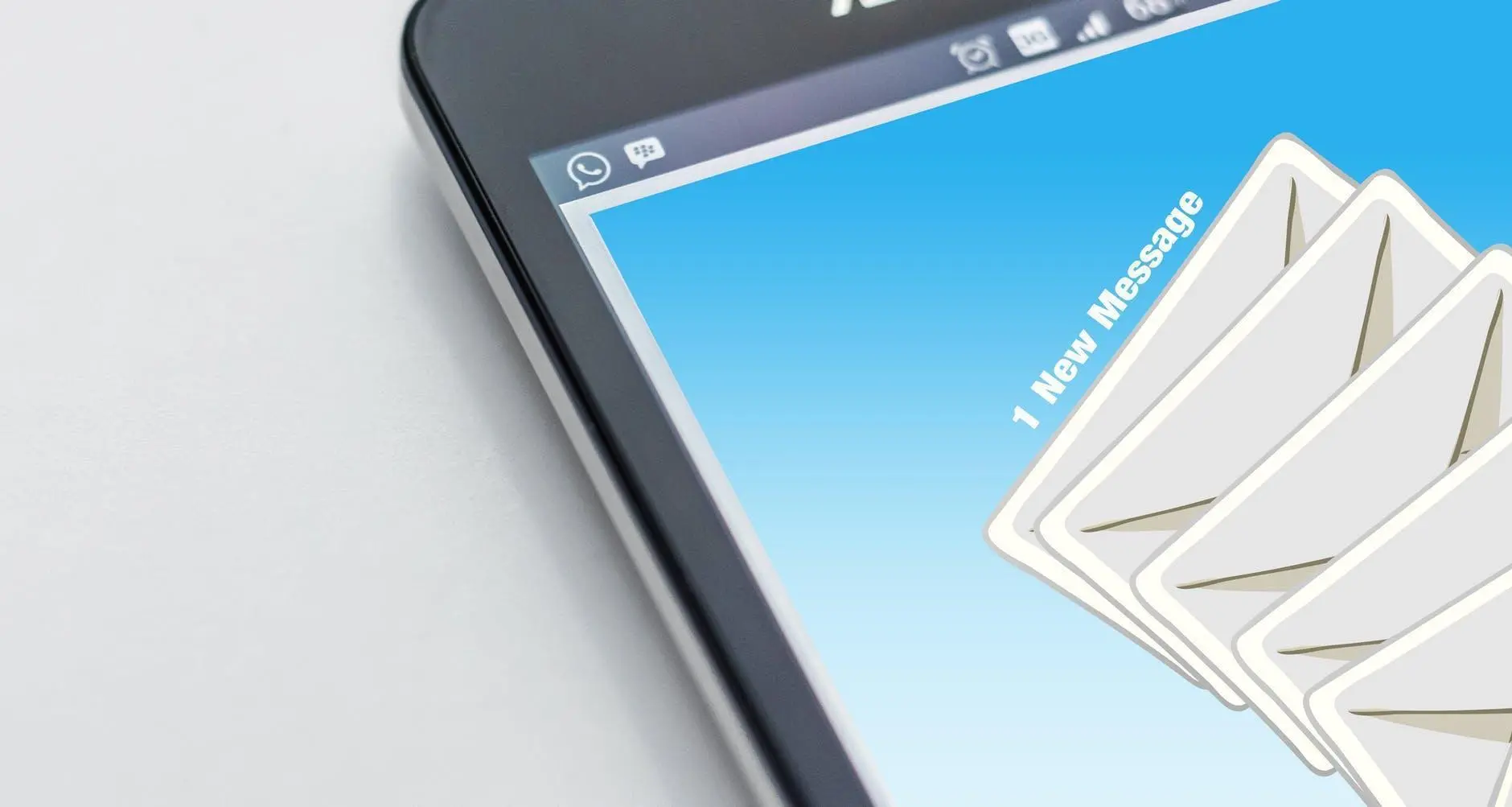According to workplace etiquette experts, there are 4 common phrases that we use in emails that can be detrimental to your reputation... are you committing these career crimes?

The most common mistakes are made either at the beginning or the end of emails when people are either too formal or, at the opposite end of the scale, are overfamiliar. And business gurus claim that these are also the most damaging areas to make these email 'faux pas' because of primacy and recency effects.
In a Business Insider article, US-based expert in business communication Barbara Pachterexplains that you need to find a balance between formal and friendly. So starting your email with 'Dear' is far too starchy and 'Hey' is just too cheeky, so her somewhat startling solution? Use 'Hi'. I never would have guessed...
Australian based business expert Karen Gately says that we should all avoid using slang phrases and colloquial greetings that are specific to their home country, particularly when they are emailing people in another country. So I'm guessing she means that something like "G'day cobber" or "Wotcha" are probably not to be encouraged.
Gately has also highlighted the four phrases that, in her opinion, should never be used when closing an email:
- Yours sincerely - although she says that the sign off is still used widely by millions of people she believes is comes across as "outdated and overtly proper" when used in an email
- Yours faithfully - the close cousin of Yours Sincerely, she maintains that YF as a closing remark can seem unnecessarily official
- Using x's or xo's - according to Gately it should sound obvious not to use kisses (xxxx) or hugs (xoxo) in work emails but a surprising amount of people do. LinkedIn expert Sue Ellson adds that she doesn't feel it appropriate to use slang on terms of endearment such as 'love' or its variations such as 'luv'
- Thanks... and nothing else - whilst 'many thanks' with 'regards' tagged on is deemed appropriate by Gately, using this term can seem abrupt and even aloof
The careers website Monster goes one step further than Gately and points out 4 bad email habits that we all should avoid:
- Rambling requests and long winded explanations - keep it short and to the point
- Disagreements - don't hide behind your computer screen and get into an email battle, take it offline
- Resignation - if you are going to leave a company, do it face-to-face as an email is seen as impolite
- Overly apologetic language – eliminate phrases like 'I'm sorry to bother you but…' as it can make you seem uncertain, inexperienced and weak
So what do you think? Is this all good advice or is it just a case of common sense?
Also do you have any irksome phrases in emails that really push your buttons? I know that I have. Why is it that people always use the expression "I trust you are well' at the beginning of an email. Let's be honest, they really don't care whether or not you are in rude health or about to shuffle off your mortal coil, so it's just a meaningless platitude that wastes everyones time typing it and/or reading it.
I'm glad that I've got that off my chest. Rant over. Now, have you got any annoying phrases in emails that you would like to add? As ever, I am keen to hear your thoughts...




Leave your comments
Post comment as a guest